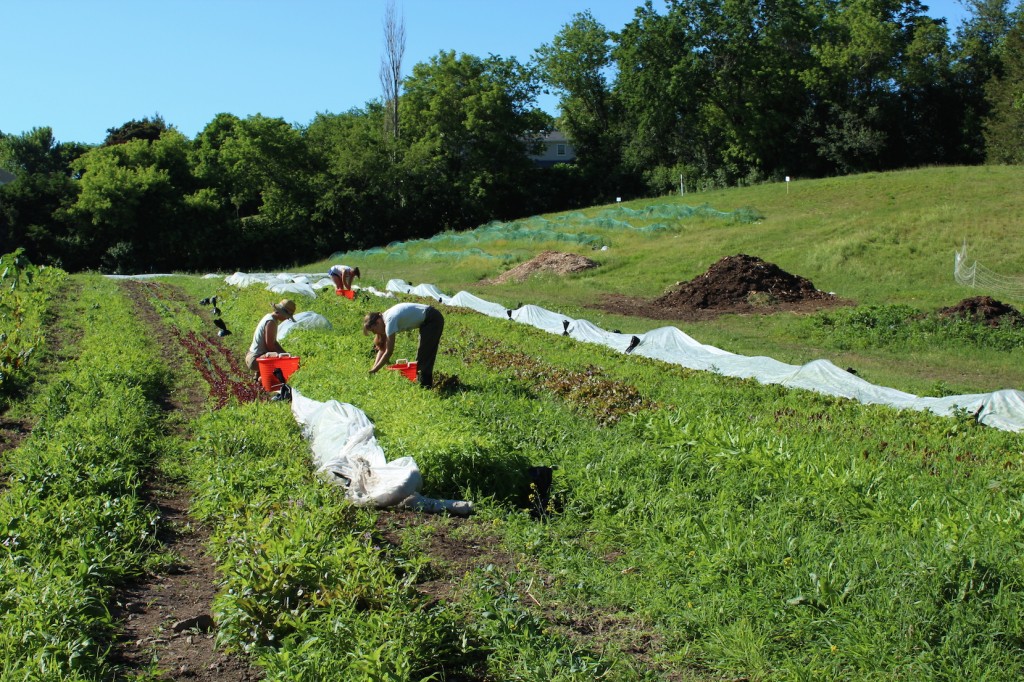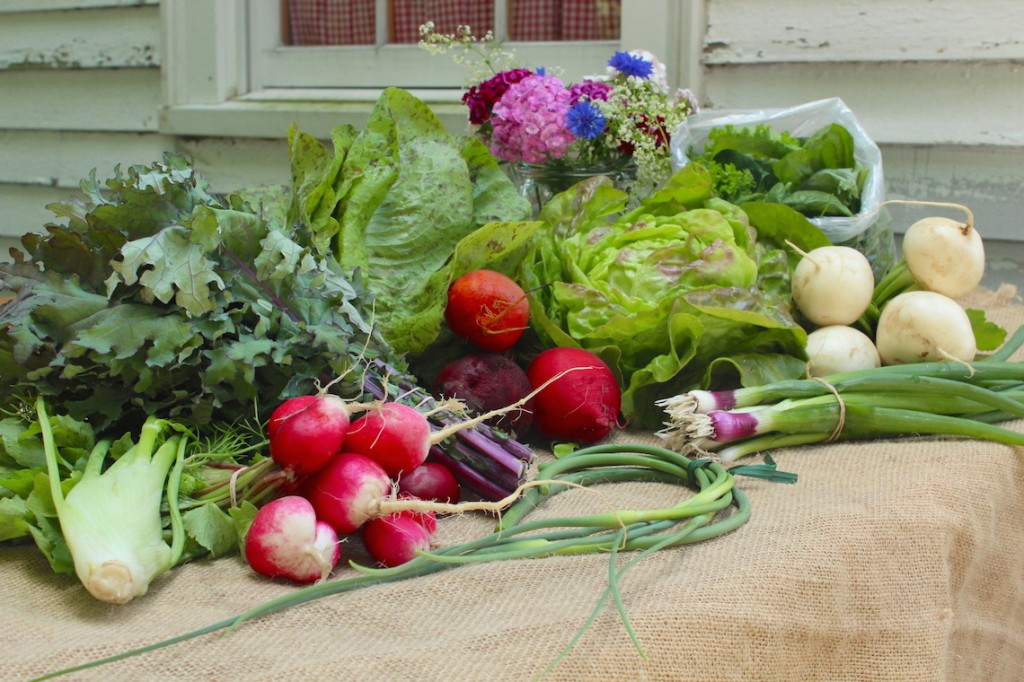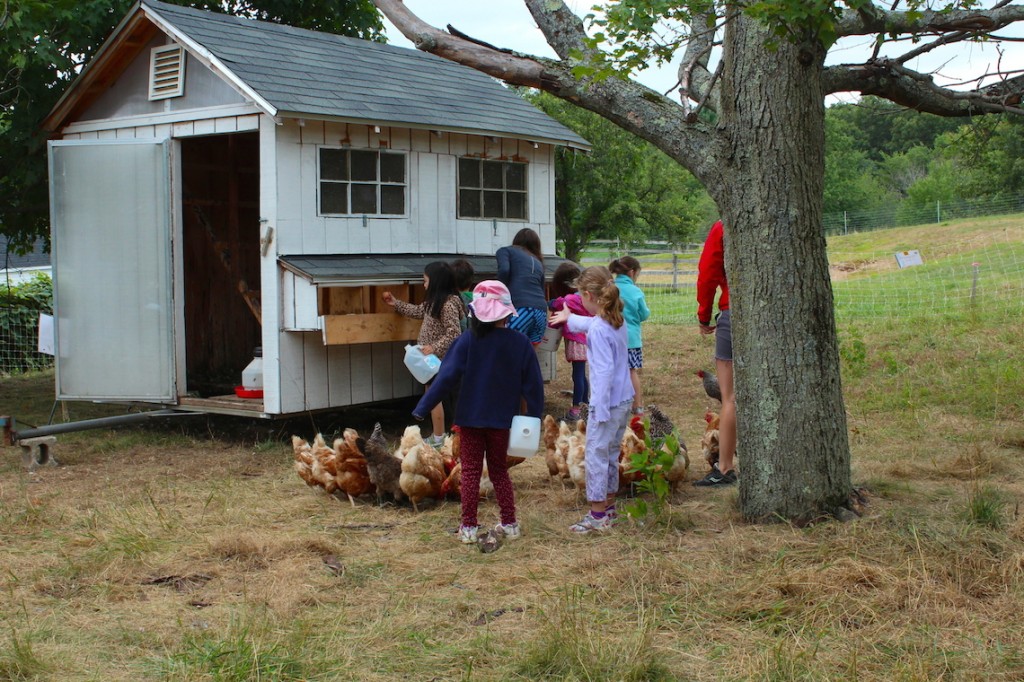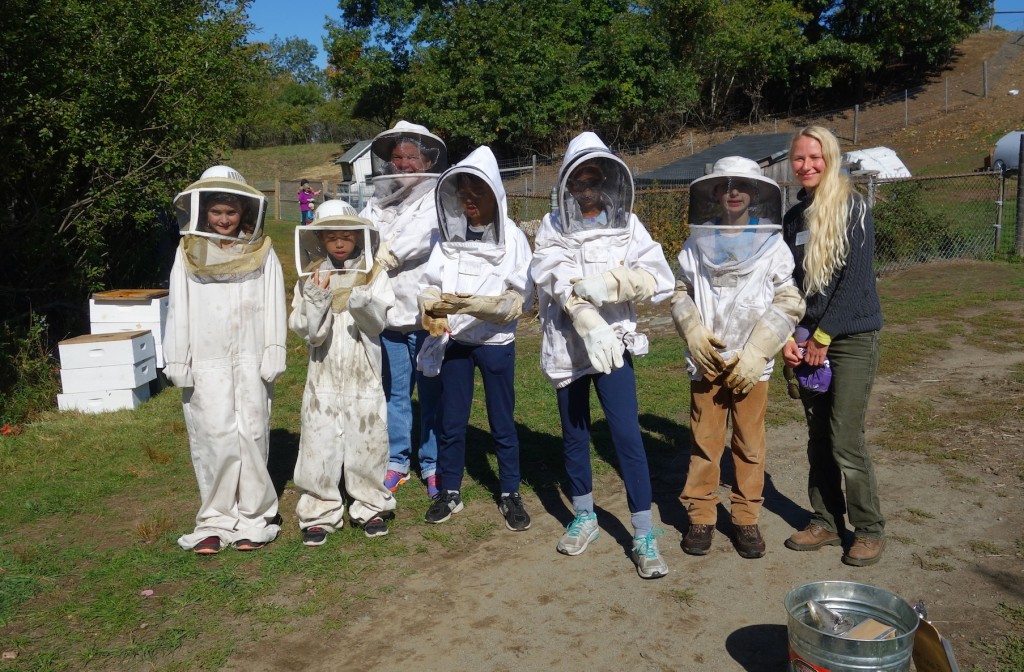~March 2017~
Written by: Adrienne Altstatt, Farm Manager
As the first employee of the Wright-Locke Farm Conservancy, I came to the farm in April of 2011 thinking I would be here for just a year. But now, six years later and about to start my seventh growing season, one might say IΓÇÖve settled in. I grew up in Minnesota and, before Wright-Locke, I managed a farm in Maryland for six years, so acclimatizing to the culture of New England and becoming familiar with the local farm community has taken some time. Nonetheless, it has slowly grown on me.
HereΓÇÖs a little insight as to what itΓÇÖs like being the farmer at Wright-Locke Farm.
My work begins in March when I start seeding in the greenhouse, hiring staff and organizing our sales outlets (CSA and farmers markets). March is when I spend the most time at my desk. After that, IΓÇÖm rarely here and my desk is more a repository for my papers and the occasional perch for the farm cat. As the weather changes and becomes more inviting to young plants, my crew and I begin the long process of transplanting and seeding the fields. We also prep our barn work space for efficiency and ease during the season and set the animals (goats, sheep and chickens) up in their warm season quarters. Especially in the early part of the season, farming is often a ΓÇ£watch-the-weatherΓÇ¥ game and patience is one of the most important virtues for a farmer to have.
The end of May is when the season truly kicks into high gear for us.  On top of planting seeds and transplants, we begin harvesting three days a week for our markets and CSA and, now that the weeds have started to grow like…well…weeds, we also have to add weeding to our ever-growing “To-Do” list. With so much needing to get done, balancing the daily demands of the farm is key and knowing when to let something go from your list sometimes takes courage.
For the next five months (JuneΓÇöOctober), our days are fairly similar in terms of tasks, but as most farmers will tell you, there is always a monkey wrench in there. Tractors break, droughts or deluges happen, someone accidentally weeds the wrong plants out, animals or insects decimate a crop, someone finds a bug in their salad, four-foot-tall weeds take over, you twist your ankle playing soccer, etcetera, etcetera, etcetera. Farming is a test of flexibility and adaptability, and sometimes that can be trying. However, in the quiet evening hours when I have the farm to myself and the dog and I are wandering the fields, I canΓÇÖt help but delight in the beauty and magnitude of this small farm.
All of that peak-season “go-go-go” can be exhausting, but sooner than you can say zucchini with an Italian accent, the season is wrapping up. However, just because the temperature drops and we stop harvesting veggies doesn’t mean the season is over—it is time to plan for next year. A great deal of a farm’s success comes from the pre-planning for the following year—cleaning, tallying, mapping, organizing—all so that you’re ready to hit the ground running when the next season starts. It can take years to understand trends and realize that nobody wants to buy your okra in New England (at least not enough people to make it worthwhile), or that your soil grows potatoes poorly, or that people are over kale.  So, it’s important to take that accumulated knowledge and apply it to your plan for next season; because you can always make it better next season. But most excitingly, when seed catalogs come out in December, it’s time to dream again!
The take away? Farming is about patience, balance, letting go, a little bit of planning, and a lot of faith. I would say that farming is inherently about faith: faith that if you put a seed in the ground, it will grow; faith that people will buy your product; faith that the weather will be favorable; faith that you can continue to do this work and it will be appreciated and successful. Much like life one might say.
Be well and happy growing!
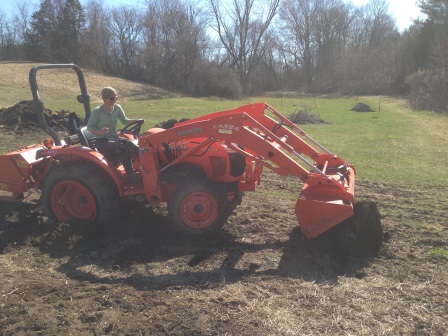
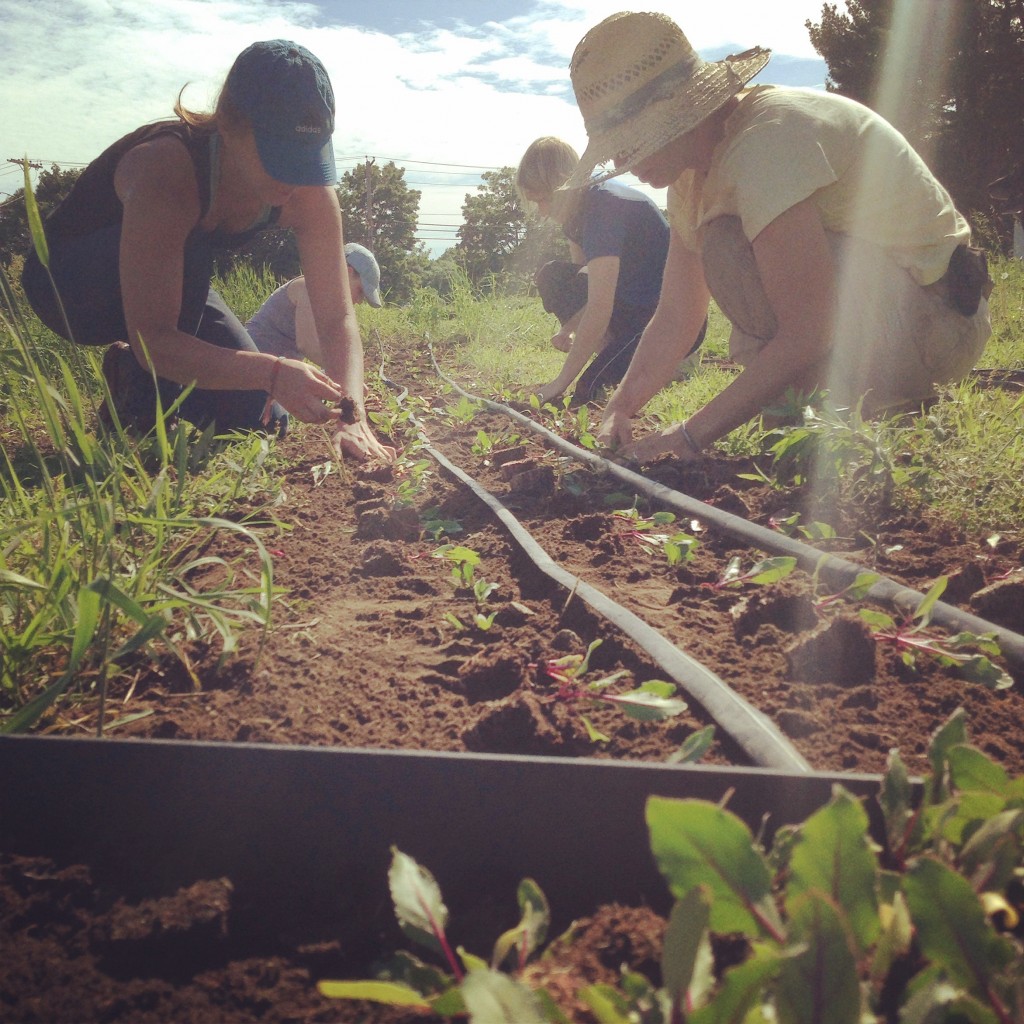
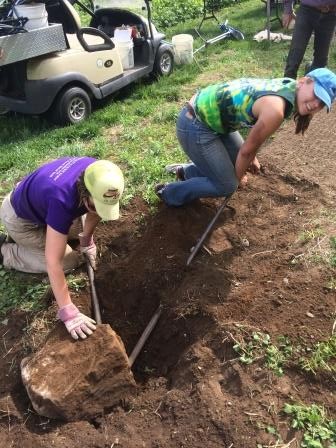
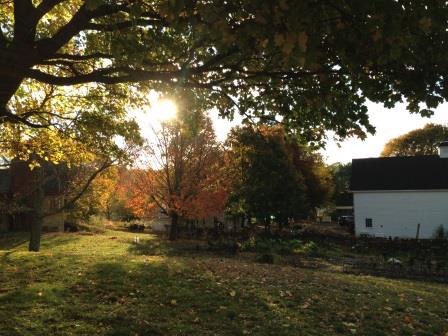
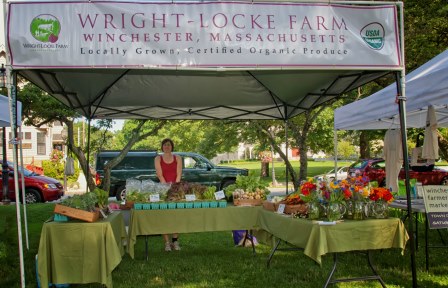
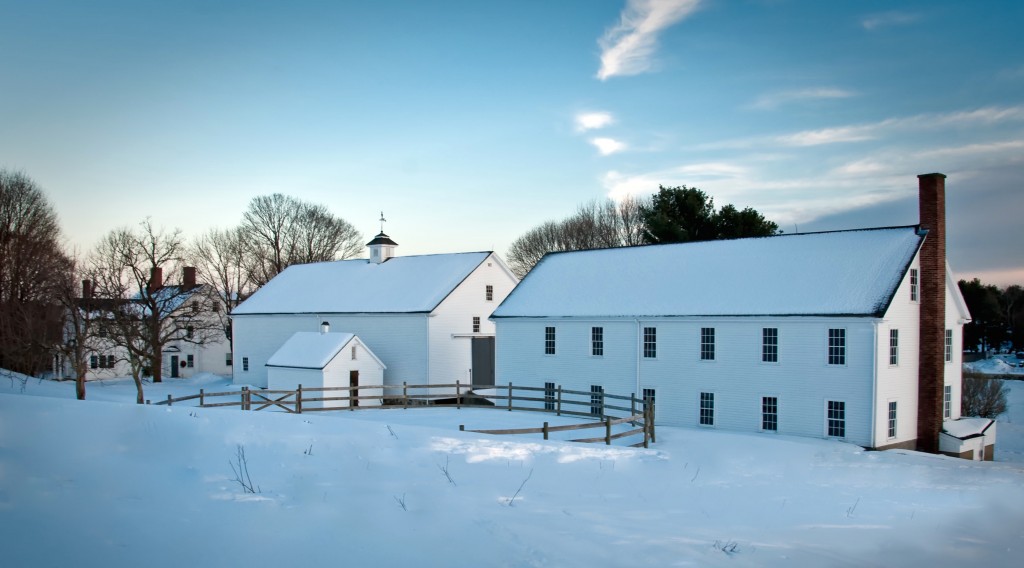
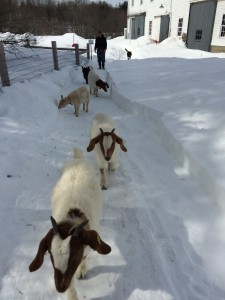
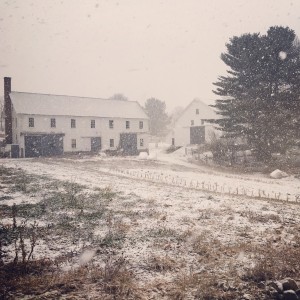
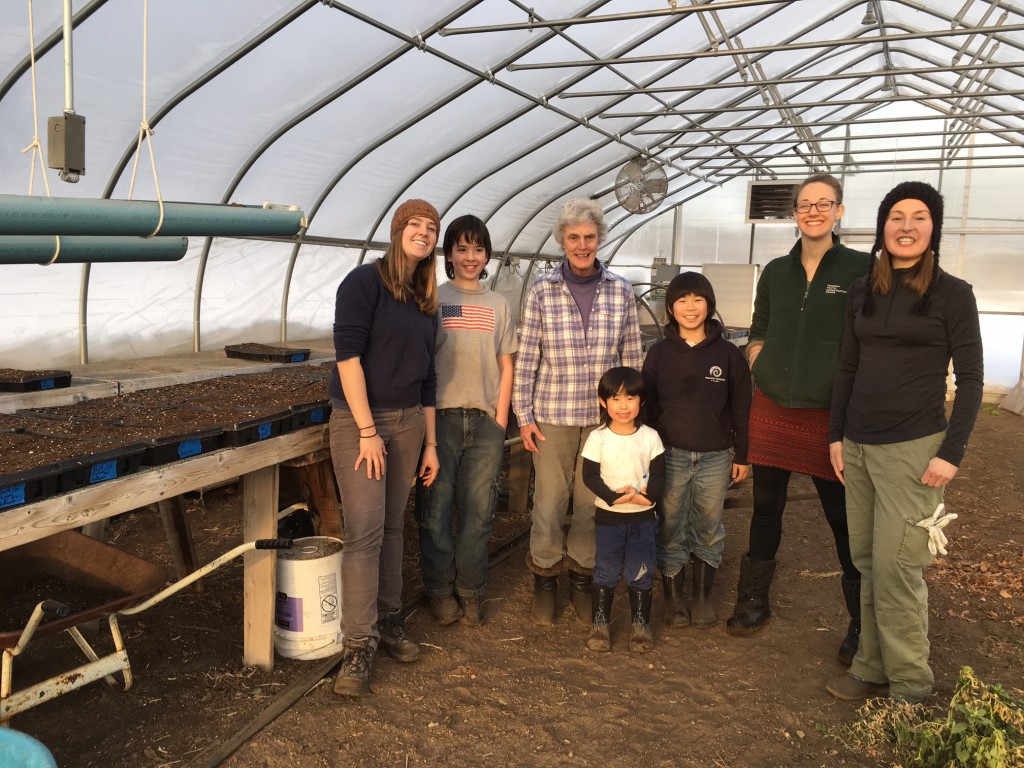
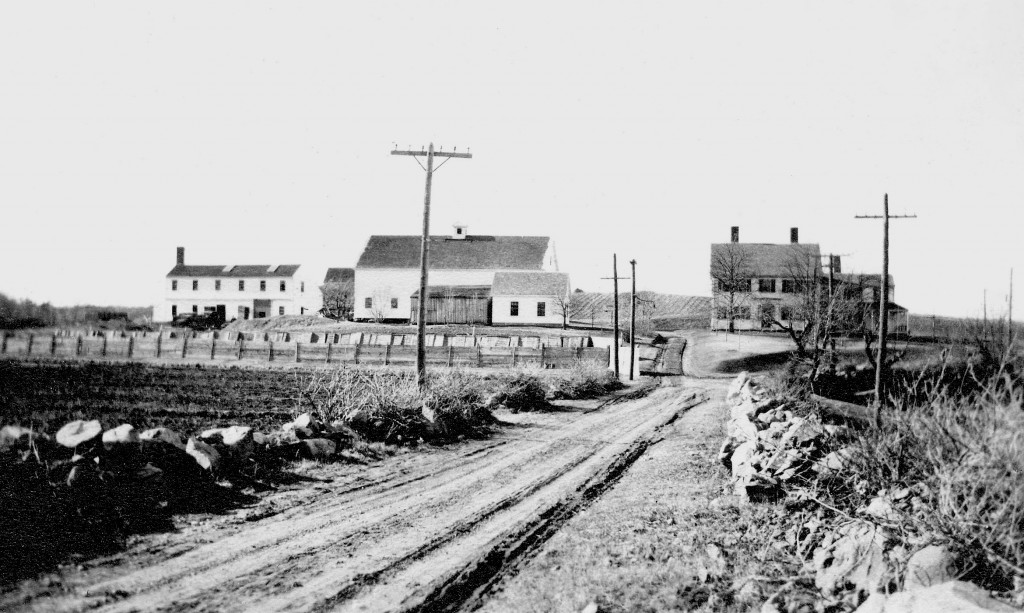 ~January 2017~
~January 2017~